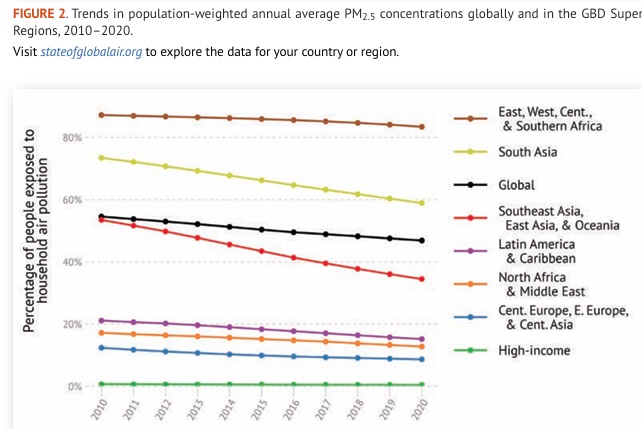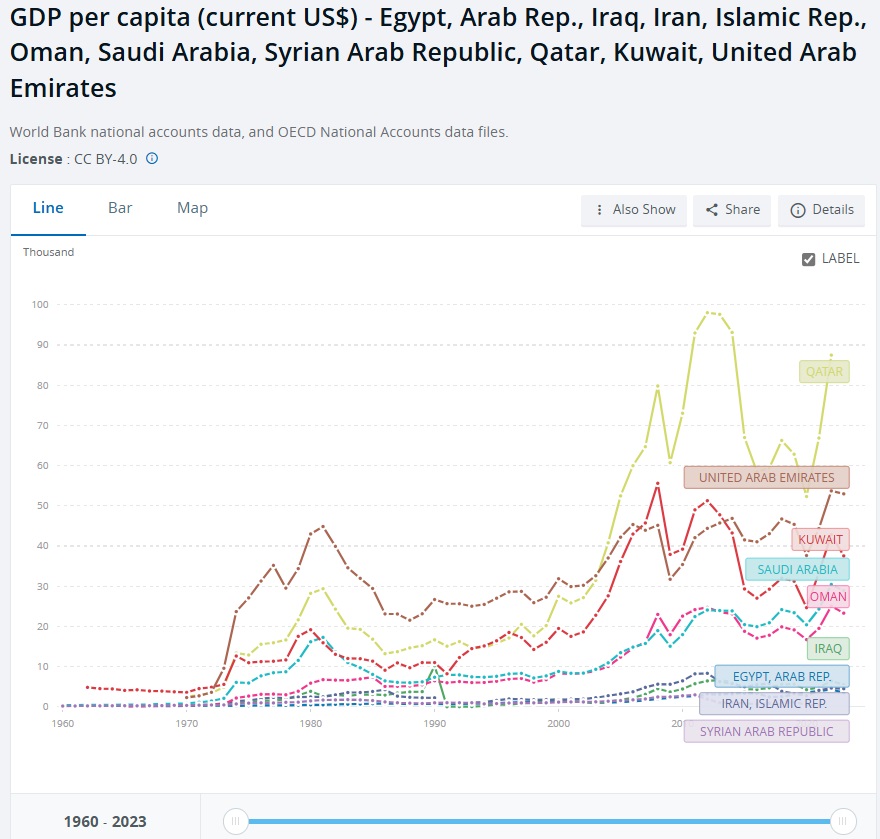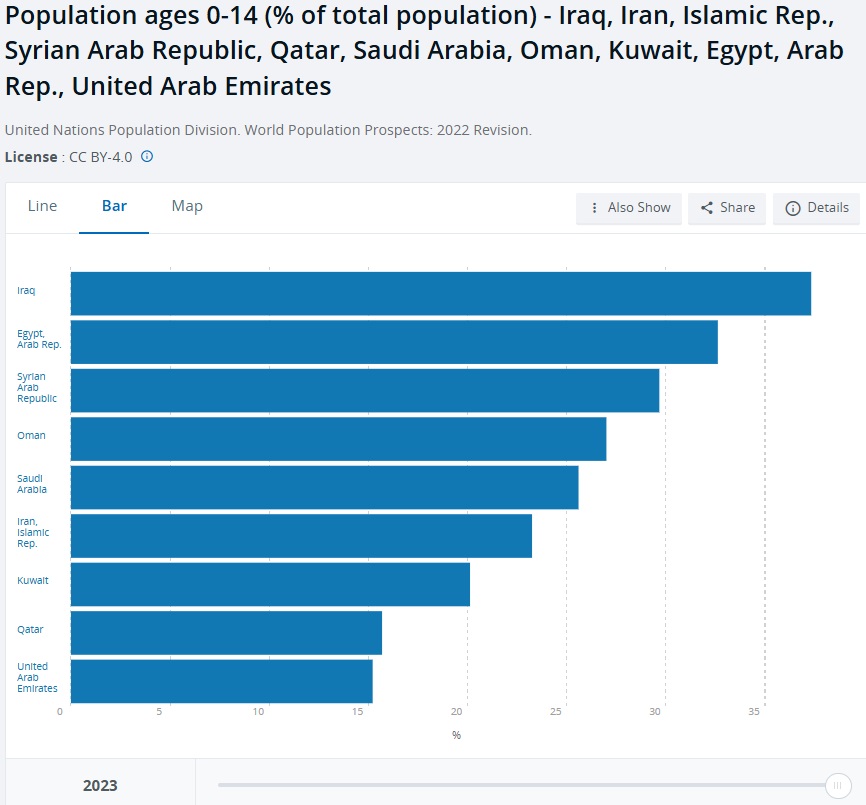We were in our home office when we heard a loud caterwaul and then a thump coming from the family room. We hurried down there to discover our 18-year-old cat, Willow, on one side of the glass sliding door and an orange cat on the other. A confrontation. Willow is not one to stray from her heated, protected lair for just any reason, but her tail and fur, enlarged in classic cat crisis management, informed us that Willow took the orange cat’s presence as a major breach of home and hearth. The orange cat, out on our deck, also taking the situation seriously, shrieked another strange sound as the two felines eyed each other. Willow circled her cat tree and launched herself against the sliding glass door, prompting more screeches from the orange cat. The orange cat clawed at the screen on the outside of the door which made us none too pleased but we decided not to intercede. Then the two froze and stared at each other. A standoff.
We became distracted with work and other thoughts and started to wander off only to again hear the shrieks and thumping a short while later. This brought us back into the family room, this time armed with our laptop so we could work while keeping an eye on the two combatants. Of course, Willow was perfectly safe inside the warm confines of our home, which gave her the courage to confront the orange cat (Willow has many attributes but courage is not one of them—she comes from the you-can-never-be-too-careful school of behavior). Eventually the two settled into a stalemate with Willow on one side of the glass door and the orange cat on the other, both keeping a close eye on each other. All quiet on the Western Front. Eventually the orange cat made his way to our barbecue and sprayed it—marking his territory—all the while staring Willow straight in the eye. As cold blooded a move as we’ve ever seen. And then it strutted off the deck to parts unknown while we peacefully stroll through issues of air pollution, economics in the Middle East and China hacking itself. It’s this week’s International Need to Know, the wildlife kingdom of international information, the aquarium of global data.
Without further ado, here’s what you need to know.
Clearing The Air
We’ve long thought that effective messaging in confronting climate change is to frame it around air pollution. Risks from climate change are real but until recently they were perceived as in the future and the human mind prioritizes the present. Air pollution kills far too many people today and fixing it by using clean energy also helps with climate change tomorrow. Children are especially vulnerable to air pollution, and given they are the future, also especially vulnerable to the effects of climate change. Fortunately, progress has been made in reducing exposure to air pollution in recent decades. According to the U.N.’s 2024 State of Air Report, “air pollution deaths in children under 5 are down 53 percent since 2020.” This is because, according to the report, China and South Asia have decreased children’s exposure to air pollution during that period. However, air pollution remains a significant threat to human health. In fact, it’s the second largest risk factor to health behind only high blood pressure. The report states that air pollution is responsible for 30 percent of deaths from lower respiratory infections, 28 percent from ischemic heart disease and 48 percent from chronic obstructive pulmonary disease. We need to clear the air for health and climate reasons.
Middling Middle East
The HTS rebels have taken over in Syria, succeeding the brutal Assad regime. Whether they will be any less brutal time will tell. Lots has happened the last year politically and militarily in the Middle East but we step back and eye broadly the region’s economies. As you can see in the first graph below of GDP per capita, Qatar—a small population with an abundance of natural gas and oil—is by far the leader at $87,480. The United Arab Emirates is second at $53,708 and then it falls off from there. Places with civil strife, such as Syria, are abysmal. Iran is also remarkably low at $4502. Having a fundamentalist government is no boon to an economy. Iraq has made gains in recent years after doing horribly under Saddam Hussein and then nearly a decade of strife after the U.S. invasion. But what about the future? Well, like most of the world, the Middle East increasingly is facing aging demographics. The rich countries, the UAE and Qatar, have European-like aging demographics. Iran, a much more populous country, is better, more or less equivalent to India’s demographics. But Iraq is the youthful star with 37 percent of its population at 14 years old or younger. Is Iraq perhaps the most hopeful place in the Middle East for a possible better future?* That’s kind of depressing.
*And this is not even considering the impacts of climate change which might make parts of the Middle East uninhabitable.
China Corner: Selling The Rope
You’ve likely seen the news about the massive Chinese hacking of U.S. telecommunications, which has given the Chinese government the ability to read and listen to most Americans’ conversations, including those of high-level officials. This is a challenging national security problem. We’d like to think the U.S. government is similarly spying on high level Chinese officials through their telecommunications systems. A recent article in The Register suggests this could be possible, as it reports on hackers profiting from China’s extensive cyber surveillance system. China hoovers up large amounts of data about its own population, from cab drivers to defense officials. As has become abundantly clear in recent years, large stores of data are not safe—it is not like gold stored in Fort Knox, secure from a prying world. As the article notes, “There is a buck, or yuan rather, to be made on this mass surveillance and censorship operation.” Hackers, scammers and criminals access this data through various means and sell it or use it to make money. The article doesn’t contain much data on how widespread these data breaches are in China. However, if you stop and think about it, just as U.S. technology systems have been hacked for profit and mischief, so too must Chinese ones. They are not immune. Our modern technology systems and laws are ripe for upheaval.





